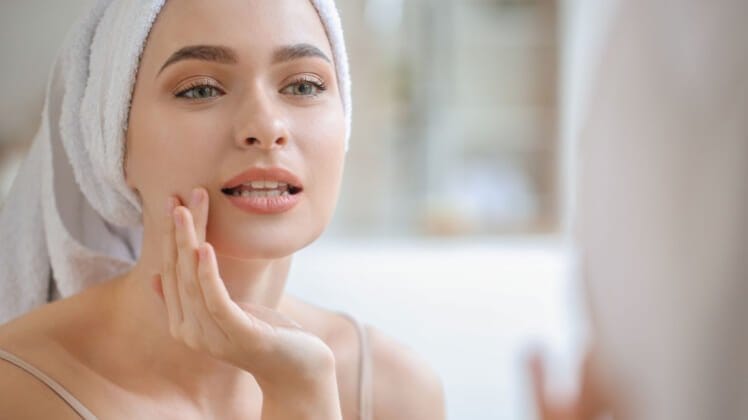
If peptides aren’t yet a regular part of your skincare routine, well, you may want to consider adding them, ASAP. While ingredients such as retinoids and alpha-hydroxy acids tend to get all the praise when it comes to being anti-aging superstars, peptides are somewhat of an unsung hero, though equally deserving of all the buzz. Not only do they offer some impressive youth-boosting effects, they’re also somewhat of a unicorn in the skincare world because they come with pretty much no side effects.
Here, top dermatologists explain more about what makes peptides worthy of a place in your skincare line-up and share the best peptide-based products worth trying.
What are peptides?
“Peptides are molecules that consist of two or more amino acids that function as the building blocks for proteins such as collagen and elastin,” explains Dr. Marina Peredo, a board-certified dermatologist in New York City, who adds that they can be naturally derived or synthetically made. Your body does create peptides on its own—as they’re essential for many different bodily functions—adds Dr. Kim Nichols, a board-certified dermatologist in Greenwich, Connecticut, although using topical products that contain them is a good way to reap their benefits for your skin. To that point…
What kinds of benefits do peptides have for the skin?
Collagen and elastin are two essential proteins for our skin, responsible for keeping skin firm, healthy, and supple, and you need peptides to create these proteins. As such, “Specific benefits include tighter-looking skin, increased plumpness and a minimized appearance of fine lines and wrinkles, and an improved skin barrier,” explains Dr. Nichols. “Certain peptides contribute to melanin synthesis, so they can help even out skin tone and address hyperpigmentation,” adds Dr. Peredo.
Who should consider using peptides?
In short, pretty much anyone and everyone. Yes, they have nice anti-aging effects for those who want to either help reverse or ward off signs of aging—loss of elasticity, wrinkles—but they truly can benefit everyone since they help promote healthier skin overall, says Dr. Nichols. Their other major upshot? Unlike the retinoids and acids of the world, both dermatologists note that peptides don’t come with potential side effects such as irritation or redness. (In related news, they’re generally considered to be safe for pregnant and breast-feeding women to use, though, as always, check with your doc.) That being said, it is always possible to be allergic or have a reaction to another ingredient in a peptide-based product, notes Dr. Peredo. A good rule of thumb is to always test out any new product on the inside of your arm for a few days and make sure your skin doesn’t react to it before applying it all over your face.
The Best Natural Skin Care in 2022
What other ingredients work well with peptides?
While peptides are sometimes positioned as an alternative to retinol (largely because of the fact that they’re so well-tolerated), the two do make a nice combo. “When you use retinol, you’re also getting collagen-building effect. Additionally, retinol works to improve the penetration of peptides, which can help improve skin firmness. When combined, you’ll improve their efficacy,” says Dr. Peredo. Dr. Nichols says peptides also help improve the efficacy of hyaluronic acid and niacinamide. However, both derms caution that peptides shouldn’t be combined with/used at the same time as alpha-hydroxy acids, such as glycolic and lactic acids. These acids can break the bonds that make up the amino acid chains of the peptides and render them less effective.
The best skincare products with peptides
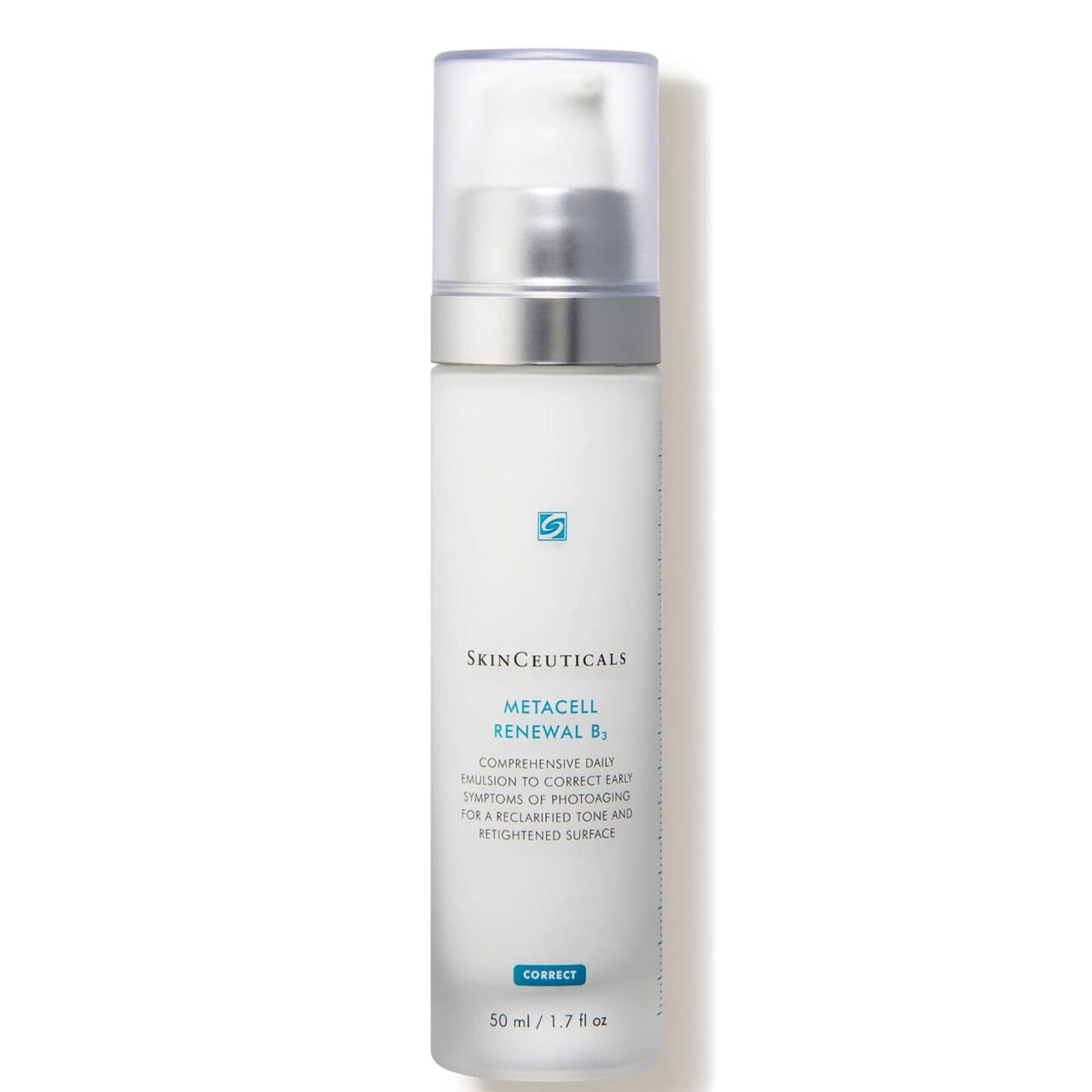
SkinCeuticals Metacell Renewal B3
A top choice for Dr. Nichols, “This multi-functional moisturizer is formulated with peptides, niacinamide, and glycerin to help increase cell turnover, hydrate, and brighten the skin overall.” She adds that its lightweight texture makes it easy to incorporate into either your morning and/or nighttime skincare routine.
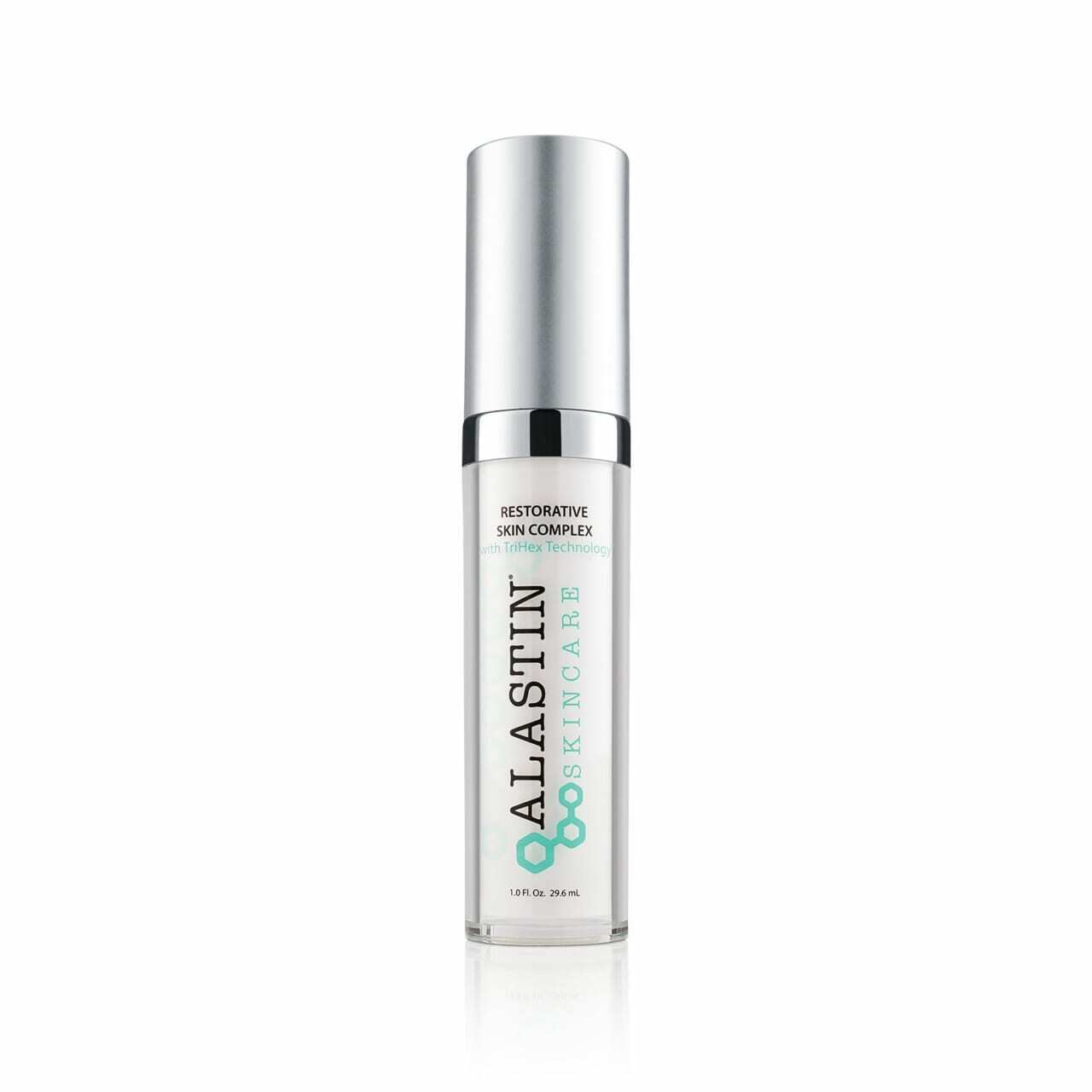
Restorative Skin Complex
“This is great to help collagen production. It helps improve the appearance of fine lines and wrinkles, as well as skin’s elasticity,” says Dr. Peredo.
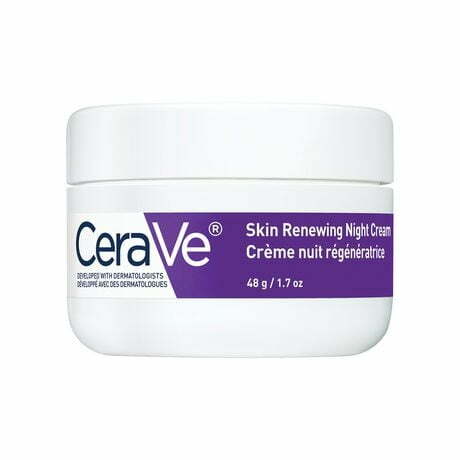
CeraVe Skin Renewing Night Cream
Dr. Peredo also likes this cream, a nice budget-friendly option that you can pick up at the drugstore. “It helps reduce the appearance of fine lines and wrinkles while also improving elasticity. Ceramides and hyaluronic acid moisturize the skin as well.
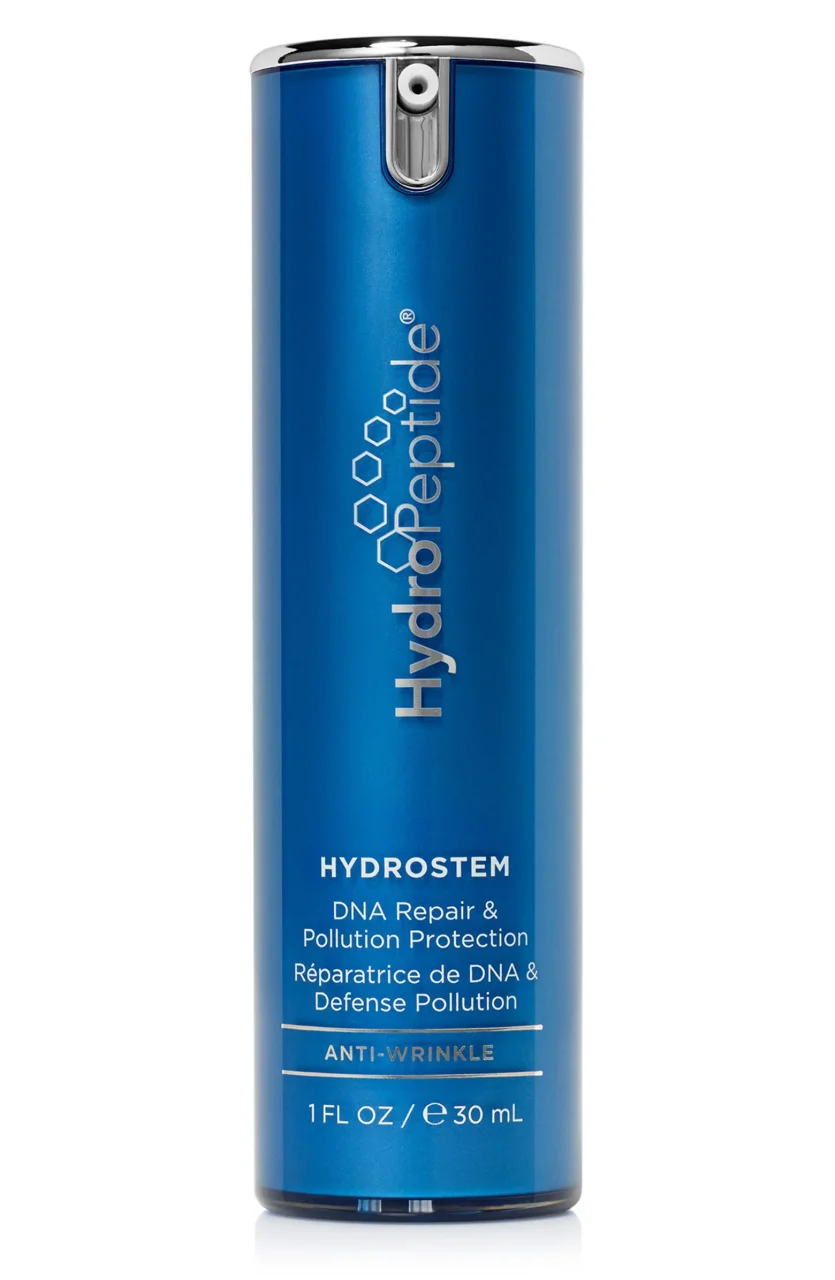
HydroPeptide HydroStem+6 Stem Cell Antioxidant Serum
This includes the holy grail of peptides—copper peptides,” says Dr. Nichols. “They’re carrier peptides that can penetrate deep beneath the dermis, helping to build collagen and elastin. They aid in barrier repair and also work hand-in-hand with hyaluronic acid,” she explains. This serum in particular is great for helping to combat dull skin, she adds, leaving it glowing and radiant.
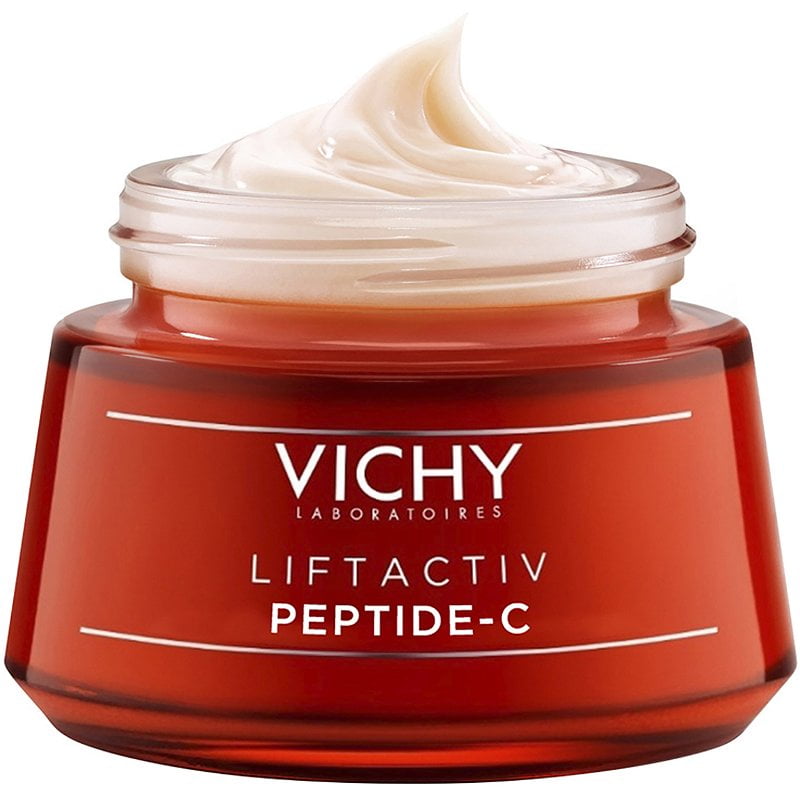
Vichy LiftActiv Peptide-C Anti-Aging Moisturizer
Dr. Nichols says this makes for a great morning moisturizer. Credit the addition of phytopeptides that help reduce inflammation and dark circles, as well as vitamin C that helps protect skin from free radicals cause by exposure to sun and pollution. Just don’t forget to use sunscreen on top of it.
Also Read: 5 Enthralling Audiobooks To Tune Into This Year
"We often receive complimentary products to review at Family Proof. Each product we feature has been independently selected and reviewed by our editorial team."
